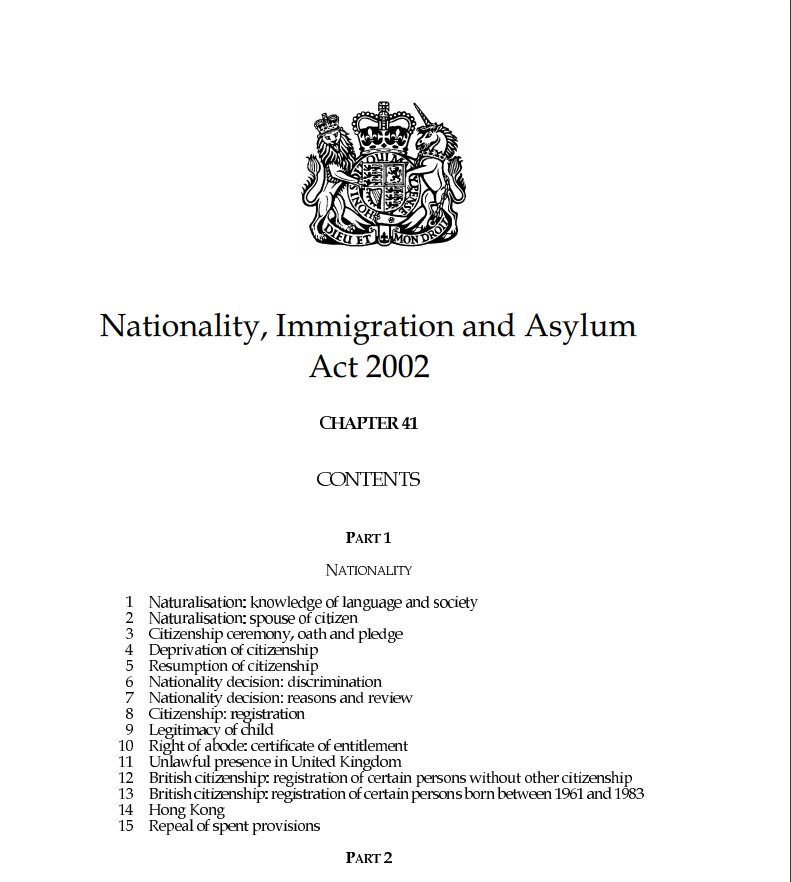Unfortunately there's a delay filing with @LawSocietyLSO due to the regulator's insufficient process for visually impaired complainants
With concern, the Ontario Law Society doesn't outline disabled access provisions in process manual
Moreover, the @LawSocietyLSO doesn't accept digital evidence arising from a lawyer's online misconduct, harassment &/or possible criminal activity
LSO created a barrier to modern complaints by forcing all internet evidence to be printed
In order to file this complex & serious complaint, the @LawSocietyLSO requires hundreds of pages of digital evidence to be submitted in printed form instead of accepting links to original & archived copies
This will cost more than $1000
Altogether, the @LawSocietyLSO's evidentiary restrictions & lack of acknowledgement/support for physically disabled complainants is a significant barrier to accessing justice &/or regulating lawyers in a modern, digital world
That @LawSocietyLSO neglects to include disabled access provisions on its website is discriminatory & surprising
It challenges one's belief in the regulator's commitment to disciplining lawyers in relation to more vulnerable groups
That @LawSocietyLSO neglects to accept reams of digital evidence is troubling, given most events transpire online in current times
It challenges one's belief in the regulator's ability or willingness to investigate digital misconduct
The @LawSocietyLSO's position against receiving digital evidence further complicates the legitimacy of evidence it prefers to rely on - insofar as web pages, hyperlinked data &/or social media can be tampered with during print conversion
The @LawSocietyLSO's procedure for disciplinary complaints remains in Dark Ages & hasn't kept pace with the justice system's adoption of digital process &/or authentication, let alone the predominance of digital evidence in our affairs
The cost to overcome the @LawSocietyLSO's obstacles is excessively prohibitive to wronged complainants, especially the most vulnerable
This is creating a culture of impunity, whereby rogue lawyers can more freely abuse their power
Rest assured I am proceeding, but it will take more time & considerable $$$ to mount the equivalent of a formal Superior Court case
In the meantime, I ask @LawSocietyLSO to reconsider its approach toward the disabled & digital evidence
PS: The @LawSocietyLSO's aversion to digital evidence may arise from a fear of malicious hacking
But benchers should know that PDF's (like the printable complaint form) are weak & prone to system attacks
Google "PDF hack" for context
PPS: Therefore the @LawSocietyLSO's trust in the security of PDF's (compared to websites) is misplaced
If subsequent emails (during case management) & PDFs are acceptable, there is no cause to deny digital evidence for security reasons












